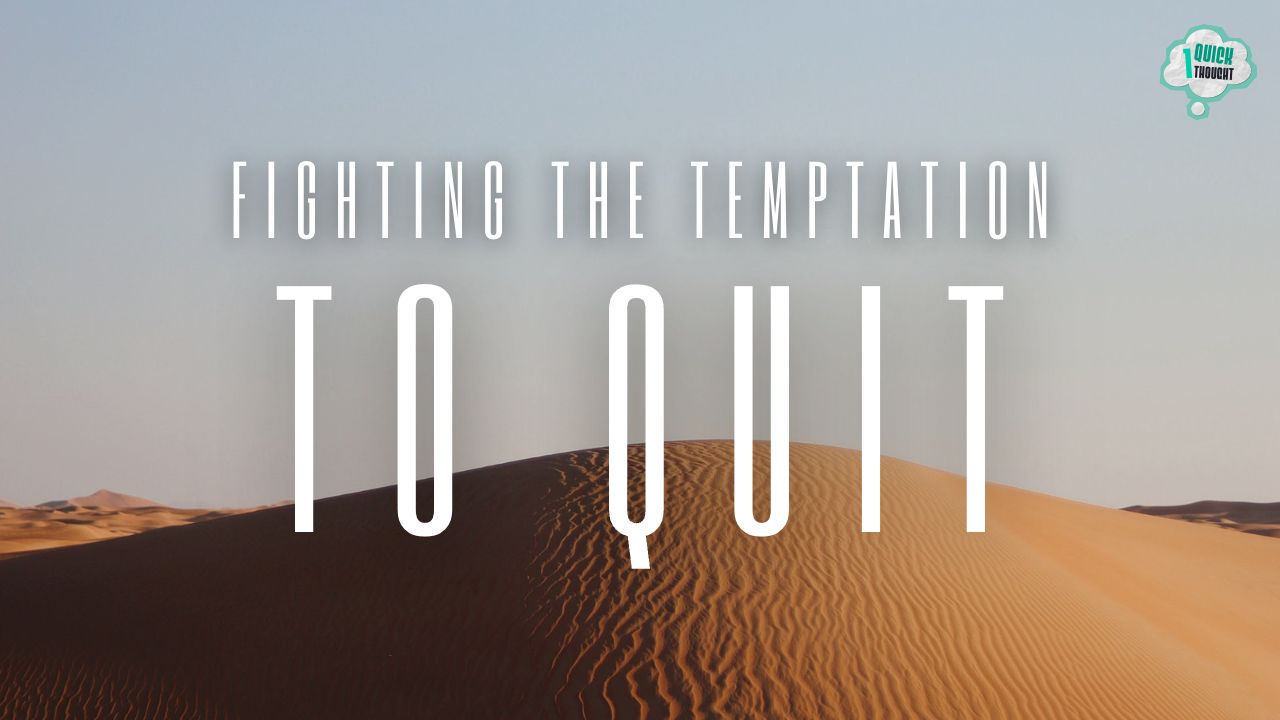Spiritual reflection:
We have been made right with God because of our faith. Now we have peace with him because of our Lord Jesus Christ. [2] Through faith in Jesus we have received God’s grace. In that grace we stand. We are full of joy because we expect to share in God’s glory. [3] And that’s not all. We are full of joy even when we suffer. We know that our suffering gives us the strength to go on. [4] The strength to go on produces character. Character produces hope.
Romans 5:1-4 NIrV
Spiritual questions:
- Write down 3-5 words describing how you typically respond to suffering?
- How does this Scripture teach us we should respond to suffering? Explain.
- What might be the purpose of suffering?
- Do you think there are avoidable and unavoidable forms of suffering? Explain.
- Could unavoidable forms of suffering be necessary for our development?
- How might our character be strong or weak based on our attitude towards suffering?
- Explain how we can be joyful in our suffering? Why? How?
- Why does character produce hope?
Spiritual prayer:
There may be nothing in life more difficult and disillusioning for our faith than suffering. No one doubts God in the middle of blessing. We doubt God when we are receiving the opposite of everything we are asking for (at least that is how I usually respond.)
For this prayer about suffering to be valuable, we must not merely grin and bear the pain, but must seek to understand God’s thinking and purposes. The answers we gave to the questions above should provide plenty of internal truth to help us speak honestly with God.
We have to question and even argue with God about our suffering. Tell him when we believe our suffering is undeserved, has gone on too long, or is so painful that we are finding it difficult to trust or remain faithful.
At the same time, deeply reflect to see the purposes of God, and perhaps find it in your heart to thank him for your suffering, not just after the fact, but sometimes in the midst of it, because your faith has allowed you to see its long term value.
Suffering is wasted if we don’t walk through it with God, questioning him to understand, relying on him to make it through, and ultimately triumphing as he turns the ugly beautiful (Romans 8:28-32 Voice).
Spiritual commitment:
The book of 1 Peter might be the reason I am faithful to God today. I think I read it every day for the first several weeks I was a Christian. At that time, I thought being a Christian was suffering, (which was a woefully inaccurate conclusion that accumulation of years coupled with ‘real’ suffering has cleared up.)
As a result of my varied life experiences, I have found 1 Peter to be a master class in how to understand, endure, and even conquer suffering. It will be your reading commitment for this quiet time.
The best thing to do is use your answers to the questions as a reference point, where you allow 1 Peter to confirm or correct your thinking. Do you have the right attitude toward suffering? What is God’s attitude toward suffering? Can anyone avoid suffering? How can a person be joyful during suffering?
In the end, you should develop a strengthening faith capable of helping you faithfully endure anything, anytime, anywhere, because you know God is working for your good (Romans 8:28-32 Voice).
Spiritual conversation:
I long to see you so that I may impart to you some spiritual gift to make you strong— [12] that is, that you and I may be mutually encouraged by each other’s faith.
Romans 1:11-12 NIV
Find someone whom you know is suffering, and do everything within your power to reduce their pain and give them hope. This not only should be a conversation and Bible study, but should include action as well.
How can you serve them in such a way that you communicate empathy toward their situation? What type of card or note can you write to ease their pain and strengthen their faith? If they have children, how can you relieve their parenting load, as they fight personal suffering their kids may be too young to understand?
One last thing: There are not nearly enough Bible studies being shared to help people understand and endure suffering joyfully. Anything you can do to create a few, and share them would be appreciated by more people than you can imagine.
Browse series
Explore more:
As the editor in chief for Deep Spirituality, Russ Ewell writes, teaches, and innovates with his eyes on the future. His teaching is rooted in providing hope for those turned off by tradition and infused with vision for building a transformative church. His passion to inspire even the most skeptical to view God through fresh eyes can be found in his book, He's Not Who You Think He Is: Dropping Your Assumptions and Discovering God for Yourself.
As the editor in chief for Deep Spirituality, Russ Ewell writes, teaches, and innovates with his eyes on the future. His teaching is rooted in providing hope for those turned off by tradition and infused with vision for building a transformative church. His passion to inspire even the most skeptical to view God through fresh eyes can be found in his book, He's Not Who You Think He Is: Dropping Your Assumptions and Discovering God for Yourself.





